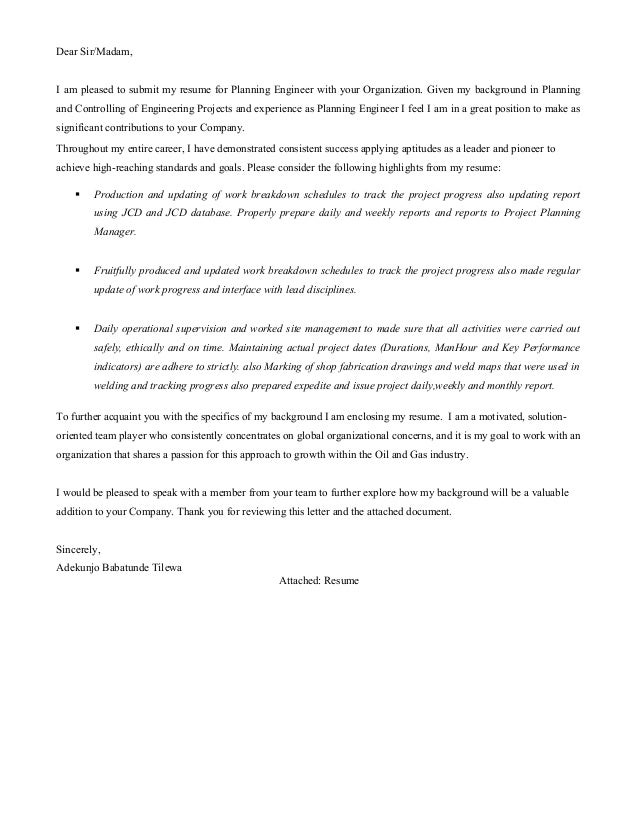Writing Cover Letters • • • • • To be considered for almost any position, you will need to write a letter of application. Such a letter introduces you, explains your purpose for writing, highlights a few of your experiences or skills, and requests an opportunity to meet personally with the potential employer. Precisely because this letter is your introduction to an employer and because first impressions count, you should take great care to write an impressive and effective letter. Remember that the letter not only tells of your accomplishments but also reveals how effectively you can communicate. The appropriate,, and tone for application letters vary according to the position and the personality of the applicant. Descargar Una Noche De Verano Gerri Hill Pdf.

Do you know what to include in your cover letter? Use these samples, templates, and writing tips to create effective cover letters that will get you hired. Are you writing a cover letter? CareerOneStop will show you how to make your cover letter stand out from the crowd. How to Write a Cover Letter. Cover letters. As much as they require more work, cover letters are a great opportunity to cover qualifications we can't fully explain in.
Thus you will want to ask several people (if possible) who have had experience in obtaining jobs or in hiring in your field to critique a draft of your letter and to offer suggestions for revision. Despite the differences in what constitutes a good application letter, the suggestions on these pages apply generally. • Try to limit your letter to a single page. • Assess the employer's needs and your skills. Then try to match them in the letter in a way that will appeal to the employer's self-interest. • As much as possible, tailor your letter to each job opportunity. Demonstrate, if possible, some knowledge of the organization to which you are applying.
• Write in a style that is mature but clear; avoid long and intricate sentences and paragraphs; avoid jargon. Use action verbs and the active voice; convey confidence, optimism, and enthusiasm coupled with respect and professionalism. • Show some personality, but avoid hard-sell, gimmicky, or unorthodox letters.
Start fast; attract interest immediately. For more information see • Arrange the points in a logical sequence; organize each paragraph around a main point. Below is one possible way to arrange the content of your cover letter. Opening Paragraph State why you are writing. Crack Para Windows 7 Esta Copia No Es Original. Establish a point of contact (advertisement in a specific place for a specific position; a particular person's suggestion that you write): give some brief idea of who you are (a Senior engineering student at UW; a recent Ph.D. Paragraph(s) 2(-3) Highlight a few of the most salient points from your enclosed resume. Arouse your reader's curiosity by mentioning points that are likely to be important for the position you are seeking.
Show how your education and experience suit the requirements of the position, and, by elaborating on a few points from your resume, explain what you could contribute to the organization. (Your letter should complement, not restate, your resume.) Closing paragraph Stress action. Politely request an interview at the employer's convenience. Indicate what supplementary material is being sent under separate cover and offer to provide additional information (a portfolio, a writing sample, a sample publication, a dossier, an audition tape), and explain how it can be obtained. Thank the reader for his/her consideration and indicate that you are looking forward to hearing from him/her.

• Who is my audience? • What is my objective? • What are the objectives and needs of my audience? • How can I best express my objective in relationship to my audience's objectives and needs? • What specific benefits can I offer to my audience and how can I best express them? • What opening sentence and paragraph will grab the attention of my audience in a positive manner and invite them to read further? • How can I maintain and heighten the interest and desire of the reader throughout the letter?
• What evidence can I present of my value to my audience? • If a resume is enclosed with the letter, how can I best make the letter advertise the resume? • What closing sentence or paragraph will best assure the reader of my capabilities and persuade him or her to contact me for further information? • Is the letter my best professional effort?
• Have I spent sufficient time drafting, revising, and proofreading the letter? *From Ronald L. Kraunich, William J. High Impact Resumes & Letters.
Virginia Beach, VA: Impact Publications, 1982. • Type each letter individually, or use a word processor. • Use good quality bond paper. • Whenever possible, address each employer by name and title.